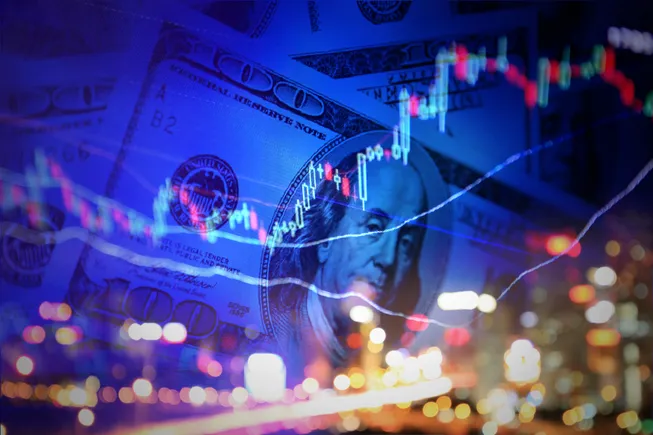Shares of psychedelics biotech nearly double on depression data


In a little more than a week’s time, a drug developed by a small psychedelics company was able to significantly curb hard-to-treat depression in a mid-stage clinical trial.
That’s according to high-level results announced Monday. The trial recruited 81 people with treatment-resistant depression and evaluated them via a widely used, 60-point scale where larger scores mean more severe depressive symptoms. The drug, from Ireland-based GH Research, hit the study’s main goal by showing that participants taking it had their scores drop 15.5 points more than those who were given a placebo.
GH Research said its drug was well-tolerated. No serious adverse events had been reported as of Jan. 22. All “treatment-emergent adverse events” were mild or moderate, and investigators found no evidence the drug led to flashbacks, suicidal thoughts or behavior, or changes in heart activity. Almost all participants were discharge-ready within an hour of getting their last doses.
Additionally, GH Research called the drug “ultra-rapid,” providing relief just eight days into treatment. By that time, 58% of patients in the drug arm were in remission, compared with 0% in the placebo group. Among 54 patients who then completed an “extension” portion of the study — in which everyone knowingly got the drug — the remission rate was 78% at the six-month mark.
“A novel treatment with such a large and rapid effect, particularly one that may require only infrequent, short 1-3 hours clinic visits, has the potential to be a practice changing treatment,” Michael Thase, a psychiatry professor at University of Pennsylvania and a GH Research scientific adviser, said in a statement from the company.
The drug is an inhalable form of mebufotenin, one member in a diverse family of molecules that also includes serotonin, melatonin and a psychedelic chemical found in some mushrooms. GH Research studied it in bipolar II disorder as well, and has a different, injectable version of it that went through a small trial of healthy volunteers.
The newly released results look “highly compelling” and the “best-in-class” for a psychedelic targeting treatment-resistant depression, according to Paul Matteis, an analyst at the investment bank Stifel. While the experiment was not large, and the lack of any signal in the placebo group could be from patients deciphering what arm they were assigned to, Matteis still thinks the study was well run and had no oddities or red flags.
“Overall, the data look remarkably consistent and are essentially a best-case scenario” for GH Research, he wrote in a note to clients.
Shares of GH Research nearly doubled on the news. By late Monday morning they were up 81%, trading at over $19 apiece.
Biotechnology investors have viewed psychedelics, much like the broader neuroscience field, as a high-risk, high-reward area of medical research. There’s mounting evidence these drugs can be valuable therapies for common conditions like depression, anxiety and addiction. Last year, psychedelics developers Lykos Therapeutics and Reunion Neuroscience each closed fundraising rounds worth more than $100 million.
The hope is that these investments lead to products like Johnson & Johnson’s Spravato, a form of ketamine used in treatment-resistant depression as well as certain cases of major depression. Sales from Spravato last year totaled almost $1.1 billion. (Matteis, notably, said his team was “struck” that GH Research’s drug “looks much better than Spravato monotherapy” in treatment-resistant depression, where the latter therapy showed a roughly 7-point decline in depressive symptoms after 28 days.)
Still, the journey to market remains perilous. Psychedelics trials are exceedingly difficult, in part because the mind-altering effects of these drugs can tip off participants to the therapy they’ve received, possibly skewing results.
This was a key issue for the Food and Drug Administration when it reviewed a request from Lykos to approve MDMA — better known to some as the party drug ecstasy — for the treatment of post-traumatic stress disorder.
The FDA went on to reject Lykos’ application, leading the company to lay off about three quarters of its employees.
This post has been syndicated from a third-party source. View the original article here.




